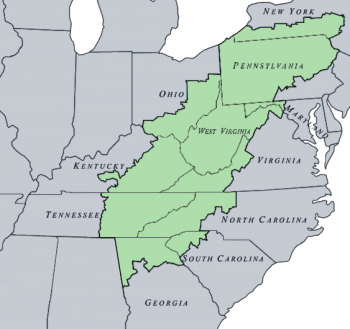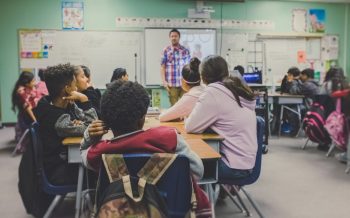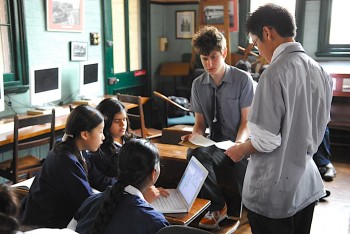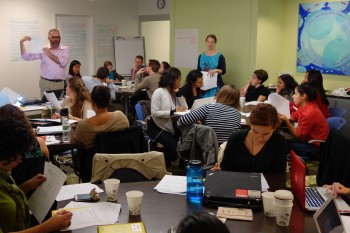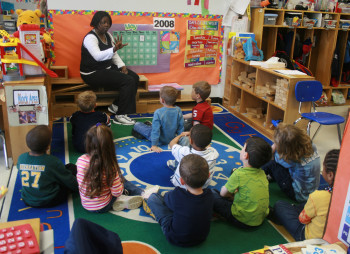Over its 25-year history, REA has designed and conducted numerous studies to assess the implementation and impact of new approaches to teaching and learning in PreK-12 schools and higher education. Our portfolio includes recent, multi-year evaluations of federally-funded efforts to improve both teaching quality and student achievement, while understanding links between implementation and impact. We offer deep expertise in program evaluation and in conducting complex and rigorous research within the PreK-12 policy landscape. Our services deliver:
- Seamless data collection strategies for participants at all levels, including students, teachers, district- and school-level administrators, parents and caregivers, pre-service teachers, and university faculty.
- Skillful capacity to evaluate impacts of large-scale educational initiatives on student achievement as well as links between implementation and impact.
- Efficient assembly of achievement, placement, and retention data with institutional review boards and local- and state-level officials, and awareness of industry standards and differences in institutional policies.
Please browse selected examples of our past projects with PreK-12 schools and higher education clients below, or learn more about our projects specifically focused on Teacher Development and Preparation, Literacy, and Multilingual Learners.
We welcome the opportunity to discuss your project with you and to provide you with more information about our tailored services. Please Contact Us to schedule a free 30-minute Q&A session with a consultant.
